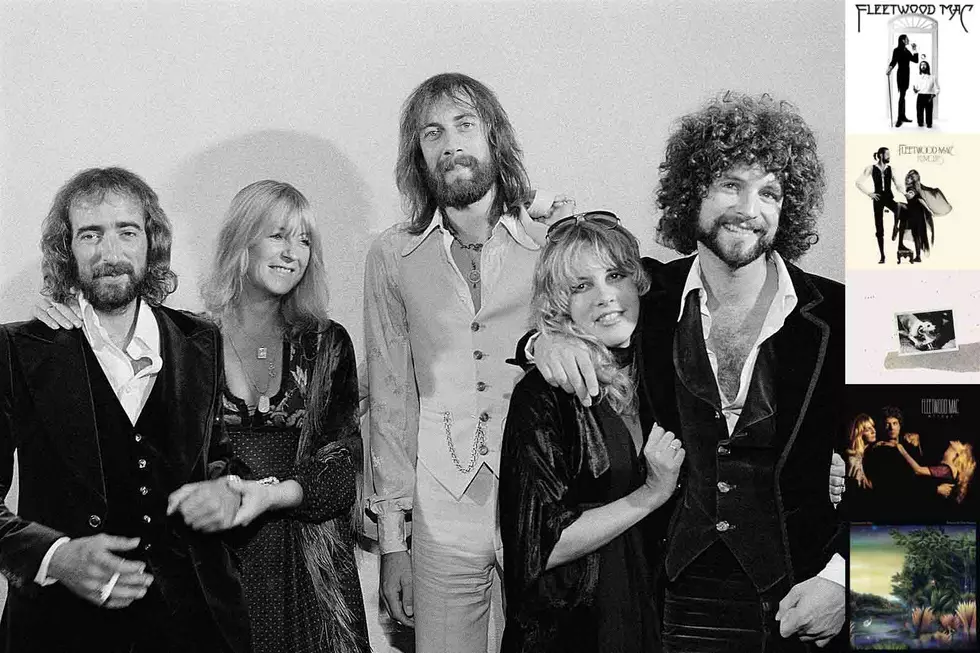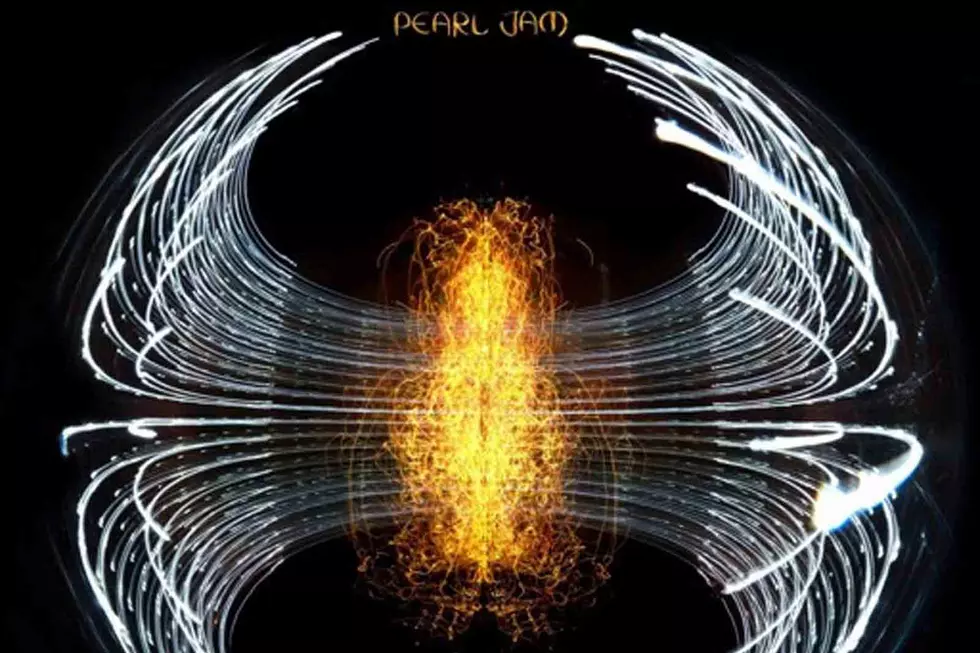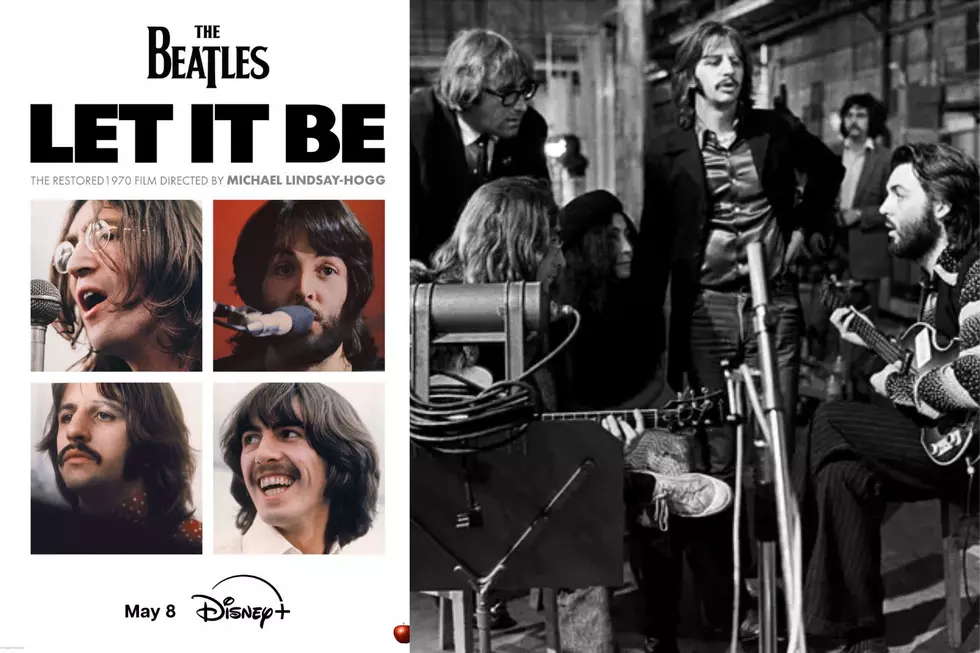
How Turmoil Helped Shape John Lennon’s ‘Mind Games’
John Lennon's spot on the list of all-time rock greats has long been safely secured. But in 1973, he still struggled to escape the long shadow cast by his work with the Beatles, and not always successfully.
That year found Lennon smarting from the scathing reviews that greeted his most recent release, 1972's Some Time in New York City. His confidence shaken following the critical rejection of some of his most politically oriented and willfully controversial songwriting, Lennon decided to take a step back for his next release, retreating into more personal focus and trying to entertain rather than provoke. His fourth solo LP, Mind Games, released on Oct. 29, 1973, reflected this change in direction, restoring a bit of Lennon's commercial luster in the process.
But while Mind Games presented smoother sounds than those Lennon crafted for Some Time in New York City, behind the scenes his life had spiraled into near-complete turmoil.
John Lennon's Personal Struggles While Making 'Mind Games'
On the legal front, Lennon was battling to avoid deportation from the U.S. while being harassed by FBI surveillance. On a personal level, his marriage to Yoko Ono had entered the infamous 16-month rocky patch later referred to as his "Lost Weekend."
They were trying times, to say the least; as Lennon later told biographer David Sheff, "Well, first I thought, 'Whoopee! Bachelor life! Whoopee, whoopee!' And then I woke up one day and thought, 'What is this? I want to go home.' But she wouldn't let me come home."
In hindsight, it's unsurprising that all this tumult helped produce one of Lennon's safest sets of songs – odes to peace and domesticity whose arrangements lacked the dark, yearning edge of his earlier work. Ironically, the same critics who blasted Some Time in New York City for its heavy-handed leftist bent were also less than satisfied with Mind Games.
Rolling Stone's Jon Landau, for one, argued that the record contained Lennon's "worst writing yet" and complained: "With lines like 'A million heads are better than one / So come on, get it on,' a listener can only accept or reject them. I've done the latter."
Listen to John Lennon's 'Mind Games'
The Making of 'Mind Games'
The record's simplicity was derived partly by design and partly through necessity. Not only was it written and recorded within the span of a few weeks, Mind Games also found Lennon producing himself after relying on Phil Spector for his previous two LPs. And while subsequent "Lost Weekend" sessions sometimes proved frustratingly unfocused, Lennon was impressively productive while working on Mind Games, even writing a castoff track ("Rock and Roll People") that he ended up giving to Johnny Winter.
As Lennon later explained to Sheff, the album's working title was Make Love Not War, but "that was such a cliché that you couldn't say it anymore, so I wrote it obscurely, but it's all the same story. How many times can you say the same thing over and over?
"When this came out in the early '70s," Lennon added, "everybody was starting to say the '60s was a joke, it didn't mean anything, those love-and-peaceniks were idiots. 'We all have to face the reality of being nasty human beings who are born evil and everything's gonna be lousy and rotten so boo-hoo-hoo ... ' 'We had fun in the '60s,' they said, 'but the others took it away from us and spoiled it all for us.' And I was trying to say, 'No, just keep doin' it.'"
It was a message warmly embraced by Lennon's fans, who sent Mind Games into the Top 20 on both sides of the Atlantic and turned the title track into a worldwide hit. And while Lennon would suffer his share of negative reviews during the remainder of his career, the success of Mind Games seemed to help him find his footing as a solo artist.
His next release, 1974's Walls and Bridges, was even more popular, topping the charts while spinning off the No. 1 hit "Whatever Gets You Thru the Night."
Rock's 100 Most Underrated Albums
Gallery Credit: UCR Staff
You Think You Know the Beatles?
More From Ultimate Classic Rock









